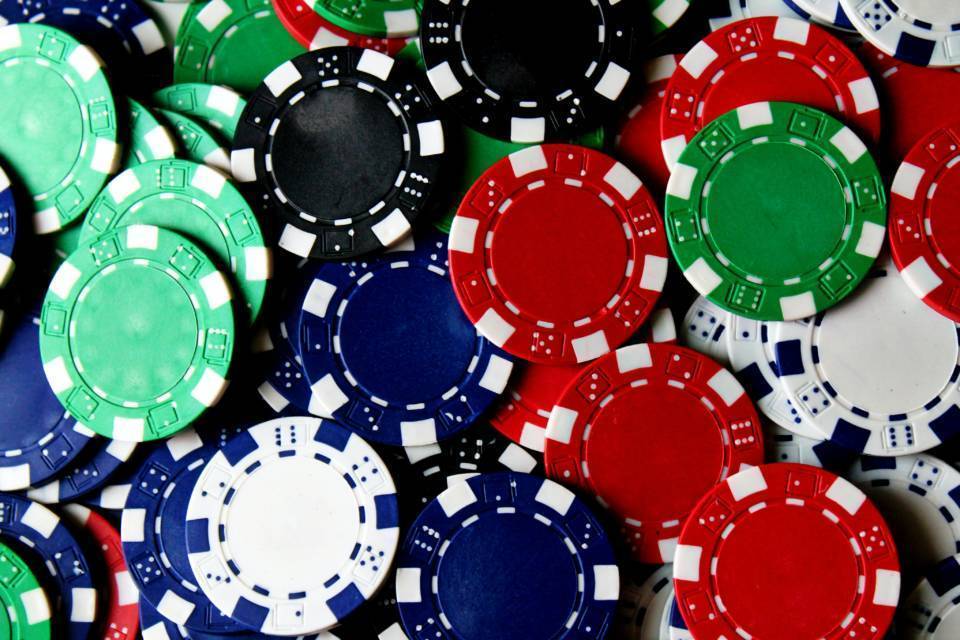Gambling Refund Mental Health
Compulsive Gambling Treatment Services/Certified Counselors This list provides information on agencies and individuals who can provide compulsive gambling services in the state of Missouri. Agencies in BOLD PRINT have contracts to provide gambling services free to problem gamblers and/or their family members. An introduction to Mental Health First Aid Conversations about Gambling The 4-hour Mental Health First Aid Conversations about Gambling course is for any interested adult. You will learn how to identify, approach and support someone experiencing gambling harm using a practical, evidence based action plan. Gambling disorder involves repeated problematic gambling behavior that causes significant problems or distress. It is also called gambling addiction or compulsive gambling. For some people gambling becomes an addiction — the effects they get from gambling are similar to effects someone with alcoholism gets from alcohol. Depression and anxiety are common mental health issues found among those with gambling problems. At the same time, gambling problems can be changed with help. The Gambling Clinic was established in 1998 to help individuals experiencing problems due to their gambling.
There are three phases to a gambling addiction: winning phase, losing phase and desperation phase.
How do you go from being a social gambler to compulsive gambling?
Robert L. Custer, M.D., former Chief of Treatment Services of the Mental Health and Behavioral Science Service of the U.S. Veterans Administration, is widely considered to be the father of professional help for the compulsive gambler. In 1972, Custer, a psychiatrist, established the first inpatient treatment center for compulsive gamblers at the VA Hospital in Brecksville, Ohio.
Dr. Custer was the first to suggest that pathological gambling is a treatable illness. Through his efforts, the American Psychiatric Association classified pathological gambling as a psychiatric disorder in 1980.
Dr. Custer identified the progression of gambling addiction as including three phases:
- the winning phase;
- the losing phase
- the desperation phase
The Winning Phase

The winning phase is a time when gamblers win at gambling multiple times, leaving them with an 'unreasonable optimism' that they will keep on winning. Such gamblers begin to love gambling and trust that their luck will not run out. They keep on bidding and begin adding to their bids. These gamblers feel confident and comfortable, until the losing phase.
Gambling Refund Mental Health Benefits
The Losing Phase

Gambling Refund Mental Health Services
In the losing phase, gambling addicts begin to withdraw from friends and family. Gamblers start gambling alone and consider borrowing money by legal or illegal means. They become isolated by their gambling, and this isolation infiltrates their home lives. As these gamblers increase the quantity and amount of their gambling, their debts become a problem. These gamblers start chasing their losses, wanting to return to gambling directly after a loss with the hope that they can win the money back.
The Desperation Phase
Gambling Refund Mental Health Insurance
The desperation phase occurs when the gambler spends more and more time gambling. This excessive time spent gambling leads to these gamblers feeling guilty, blaming others for their problems, and alienating their family and friends. The gamblers may begin to engage in illegal acts in order to have gambling money. They may turn to alcohol or drugs to combat the helplessness they feel and may experience psychological and social problems such as depression, emotional collapse, divorce, suicidal ideation or attempts, or arrest.
Gambling Refund Mental Health Reimbursement
More comprehensive information on Signs of Gambling Addiction.
next: Treatment of a Gambling Addiction
~ all gambling addiction articles
~ all articles on addictions

APA Reference
Gluck, S. (2008, December 31). Phases of a Gambling Addiction, HealthyPlace. Retrieved on 2020, December 18 from https://www.healthyplace.com/addictions/gambling-addiction/phases-of-a-gambling-addiction